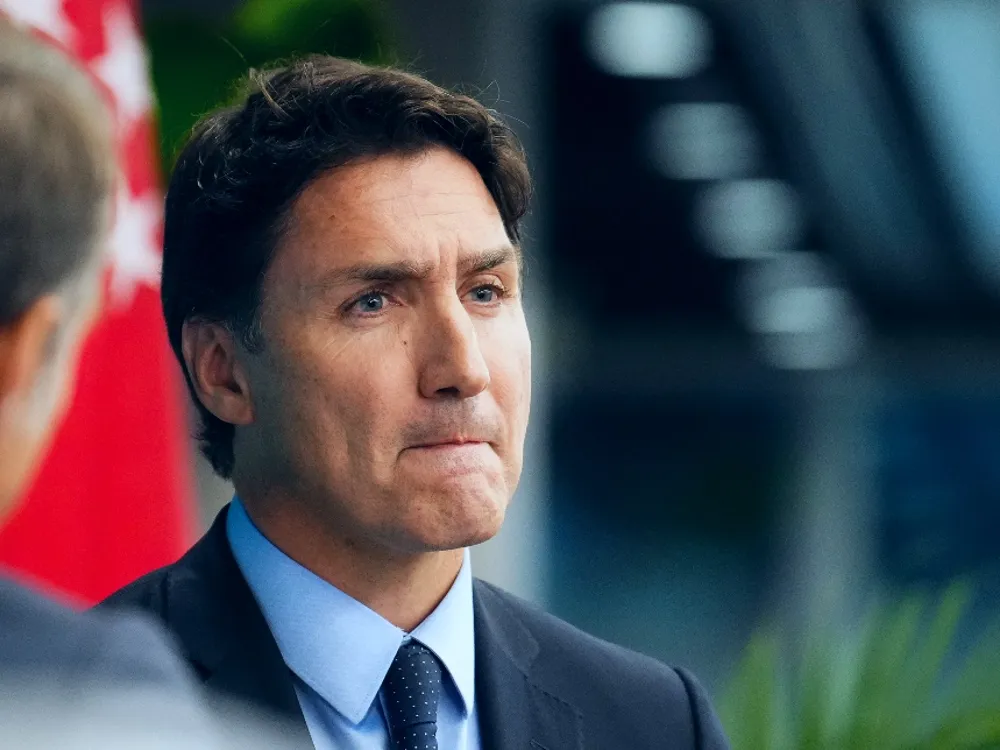India-Canada relationship in “deep crisis”. Diplomatic relations between India and Canada are facing a protracted healing process as both nations have taken entrenched positions in the aftermath of a contentious dispute.
Despite India’s recent decision to partially restore visa services, strained ties show little sign of immediate improvement.
The rift, stemming from Ottawa’s allegations of Indian involvement in the murder of a Khalistani activist, remains a challenging hurdle in the relationship that has existed for almost a century and is deeply intertwined through the Sikh community.
India’s move to ease some visa restrictions was initially seen as a potential olive branch; however, it does not mark a significant breakthrough, as both sides lack compelling incentives to swiftly return to normalcy.
Officials and experts in both nations acknowledge that neither New Delhi nor Ottawa appears willing to take bold steps towards reconciliation anytime soon, with Canada’s ongoing murder investigation and India’s impending national elections being significant factors.
Also read: Why has Canada banned WeChat and Kaspersky on government devices?
Michael Kugelman, Director of the South Asia Institute at the Wilson Center in Washington, characterizes the current state of the relationship as “in deep crisis, perhaps its worst ever.”
While both sides share an interest in preventing the crisis from escalating further, the existing tensions provide little motivation to seek a rapid resolution.
Ajay Bisaria, who served as India’s ambassador to Canada from 2020 to 2022, notes that the relationship is in a “de-escalation phase,” marked by behind-the-scenes diplomacy.
Nevertheless, visa restrictions continue to hinder the mobility of thousands of Indians and people of Indian origin living in Canada or planning to study there.
Although economic and trade connections have been preserved, the ongoing acrimony has stalled discussions on a potential free-trade agreement and jeopardizes Canada’s Indo-Pacific strategy, where cooperation with India is essential to counter the assertiveness of China.
The root cause of this crisis can be traced back to September 2023 when Canadian Prime Minister Justin Trudeau announced that Canada was “actively pursuing credible allegations” connecting Indian government agents to the murder of Hardeep Singh Nijjar, a Khalistani activist.
Canada’s expulsion of India’s intelligence chief in Ottawa prompted India’s retaliation, including the suspension of 13 categories of visas for Canadians and a reduction of Canada’s diplomatic presence in India.
On October 25, India announced a partial resumption of visa services, particularly targeting people of Indian origin traveling to India for the upcoming wedding season.
However, Indian officials emphasized that this should not be seen as a thaw, and Ottawa’s responsibility to initiate the de-escalation was underlined.
A senior Canadian government source acknowledges the difficulty of the situation, expressing the goal of returning to a more amicable state.
However, the unpredictability surrounding the murder investigation, the upcoming Indian elections, and the steadfast stance of Indian Prime Minister Narendra Modi complicates the path to reconciliation.
Canada has a substantial Sikh population, and India is the largest source of foreign students for Canada, contributing significantly to the country’s international education sector.
The issue of Sikh separatism has been a persistent concern in India-Canada relations since the 1980s. Given the political complexities involved, the prospects of a swift resolution appear remote.
Although there has been a modest de-escalation in the form of visa services, retaliatory measures persist on both sides, and a considerable level of tension remains.
As India-Canada relationship in “deep crisis”, experts agree that a pause in hostilities is necessary, allowing time for cooler heads to prevail and a gradual return to a more amicable relationship.
However, it is clear that the road to reconciliation is a long and challenging one.
